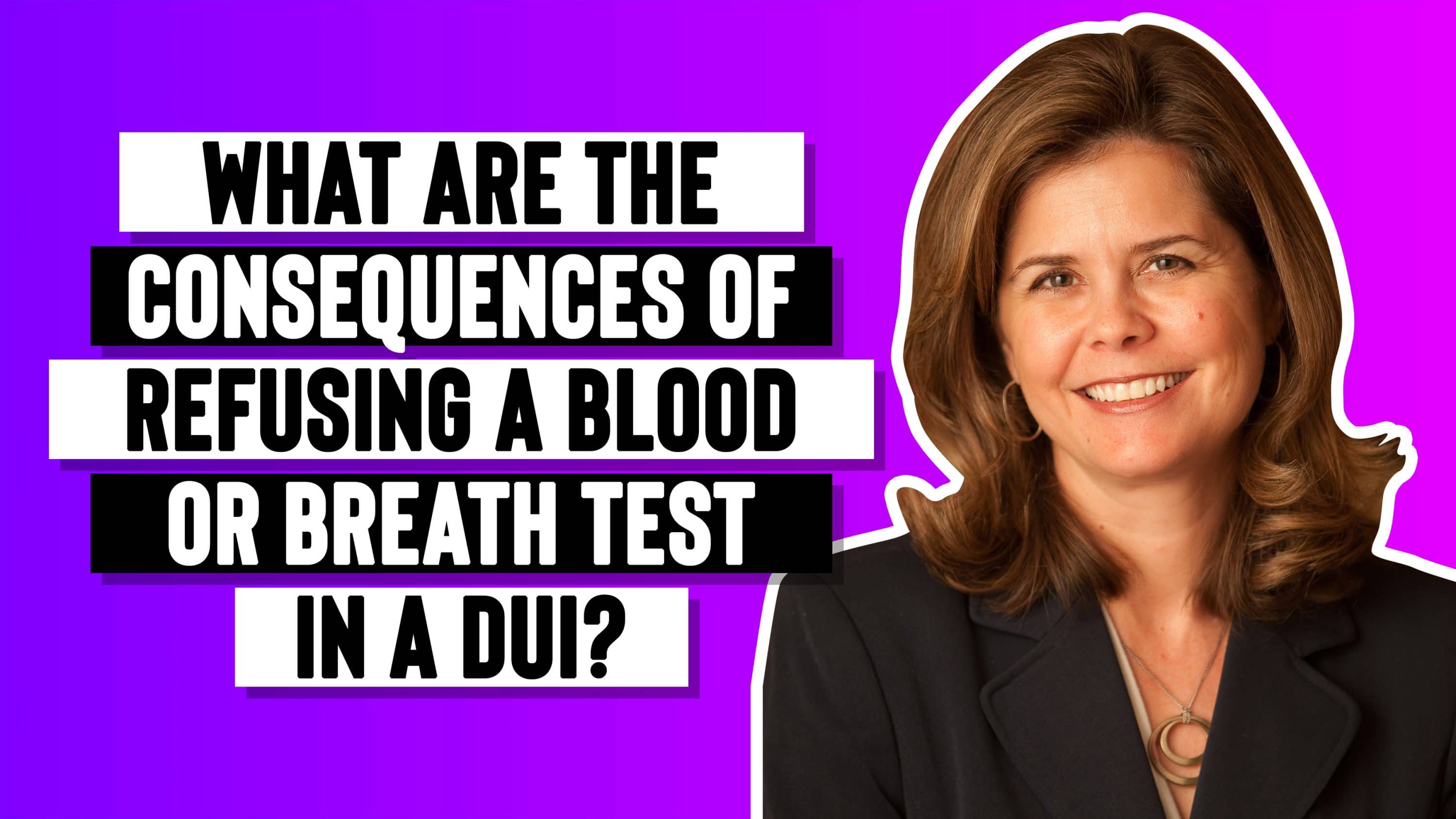
What are the Consequences of Refusing a Blood or Breath Test in a DUI?
Driving under the influence (DUI) of alcohol or drugs is among the biggest causes of road crashes or accidents that lead to serious injury or death. As such, police officers are trained to pinpoint signs of DUIs and can ask suspicious drivers to pull over.
To determine intoxication, the police officer can conduct a blood test or breath test. However, this needs to be done with the consent of the driver.
Can the Driver Refuse a Blood or Breath Test?
Consent is a necessary prerequisite to conducting a blood or breath test. Without it, the police officer is without authority to force the driver to abide by the tests to prove DUI. A driver can absolutely refuse to submit voluntarily.
What Happens When a Driver Refuses a Blood or Breath Test?
When a driver refuses to submit to a blood or breath test, the police officer will inform them of the consequences. The driver can either:
- Lose their privilege to drive for at least a year
- Lose their license for two years if they have a prior refusal in another DUI case
In DUI investigations, it’s important that the driver asks to speak to their attorney, who will advise them on what to do regarding the blood or breath test.
What if the Police Officer Does Not Ask for Consent?
There are some jurisdictions wherein the police officer does not ask for consent or goes ahead with the blood or breath test even after a refusal from the driver. In these situations, the driver’s rights under investigation are encroached, which makes it all the more important to seek the advice of an attorney.
A lawyer can properly inform on the steps to take when pulled over for a DUI and answer questions on license suspensions associated with DUI cases.
Latest Posts
What Should I Do If I’m Incarcerated and Owe Child Support?
A parent with a child support order must pay the amount decreed. If they cannot, for example, if they are in jail, the obligation to pay child support does...
Can I Get My Civil Rights Restored in Arizona If I am a First-Time Felony Offender?
Arizona laws are stricter than most states when it comes to the civil rights of a felony offender. When someone is convicted of a felony, they lose their...

